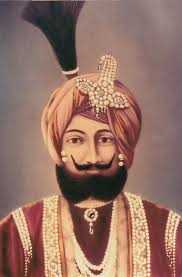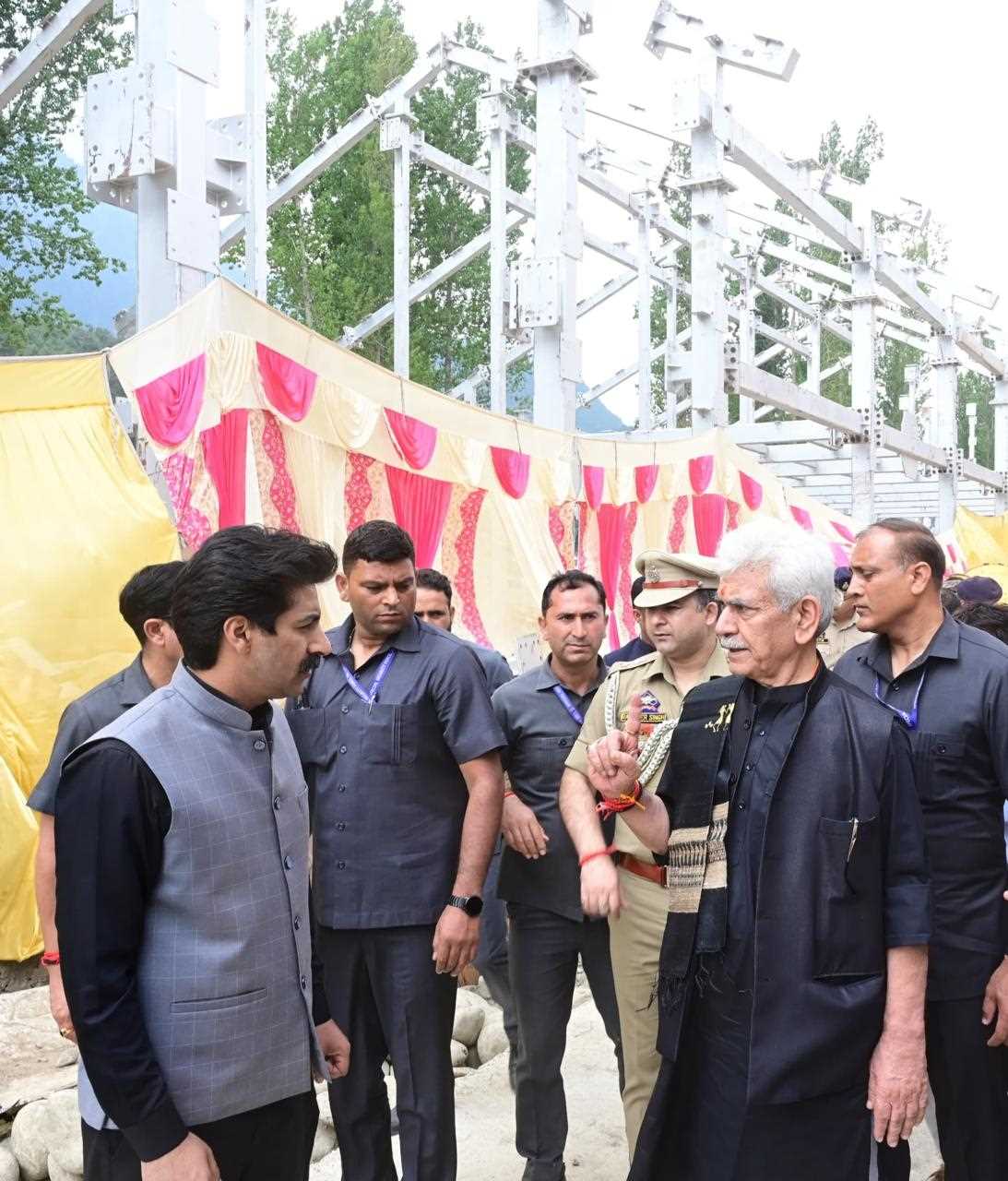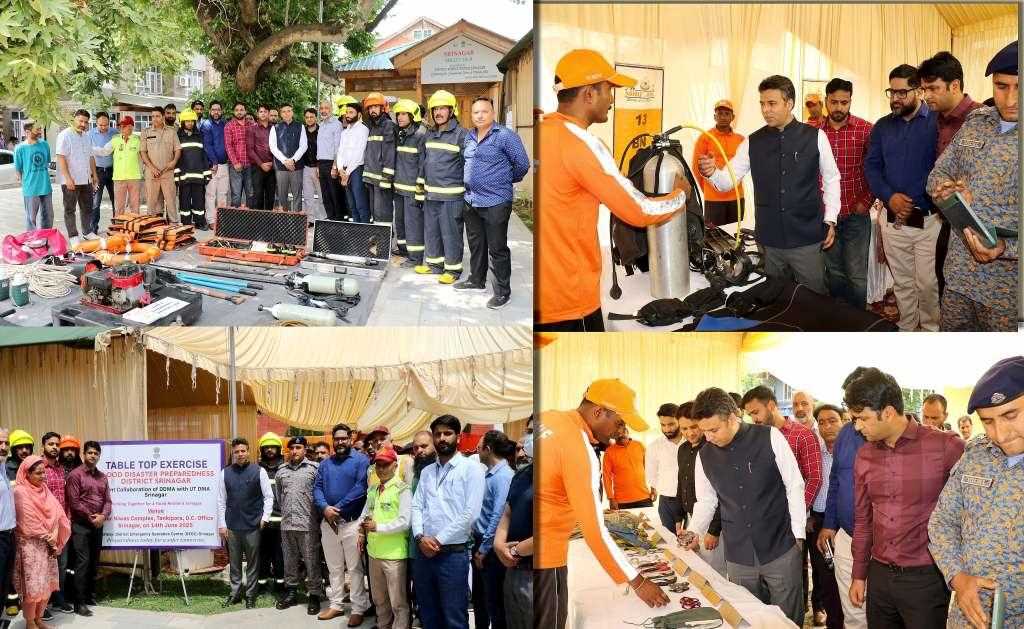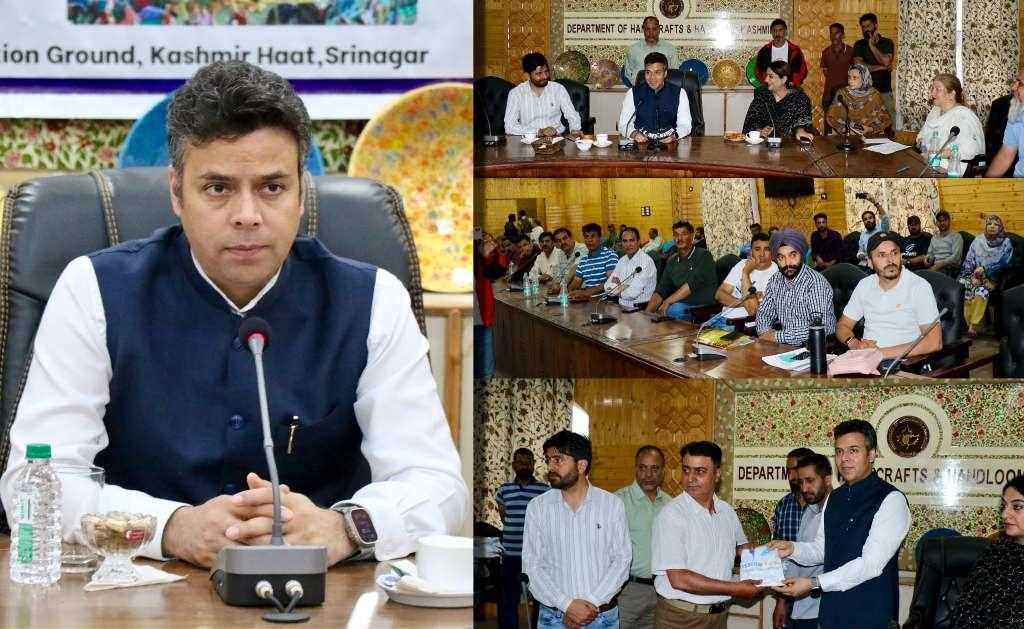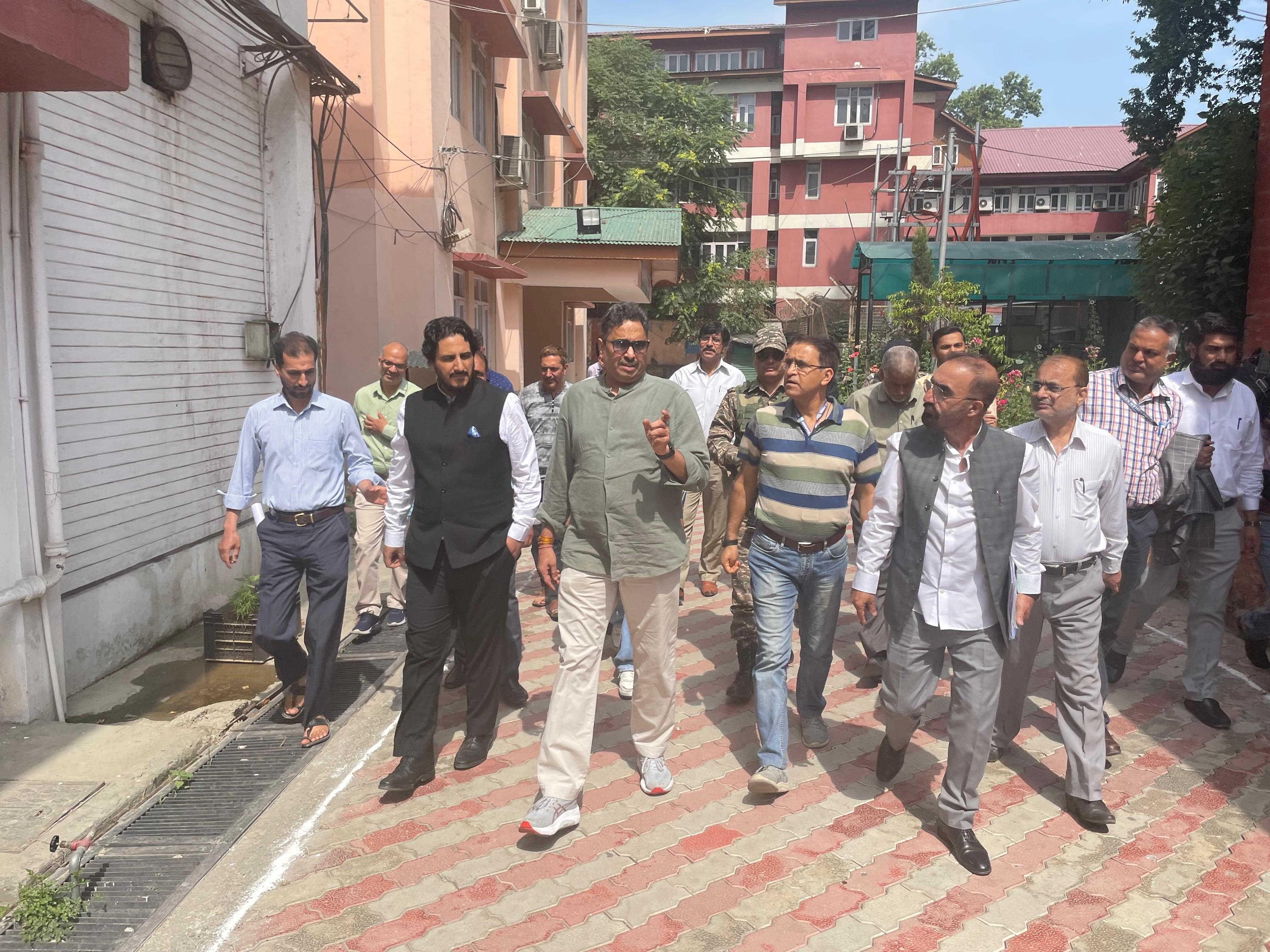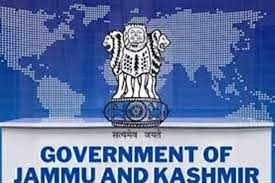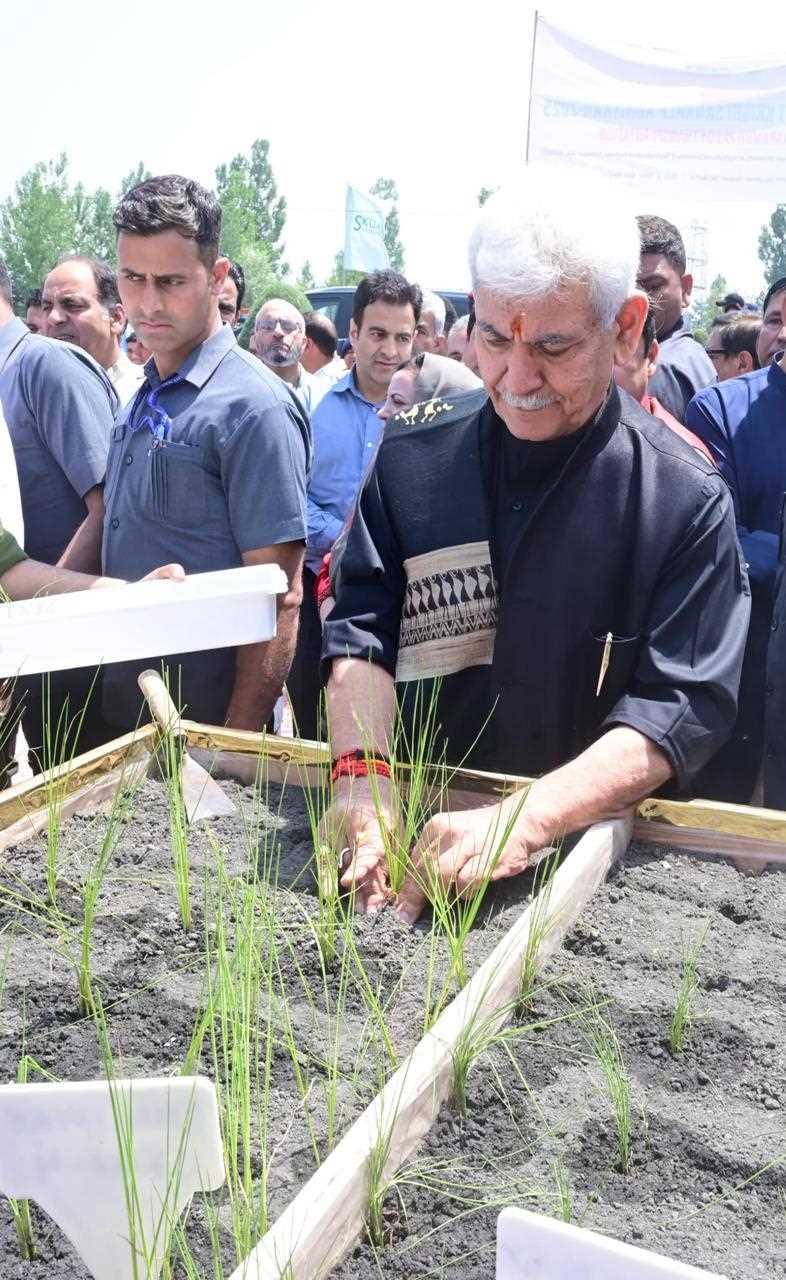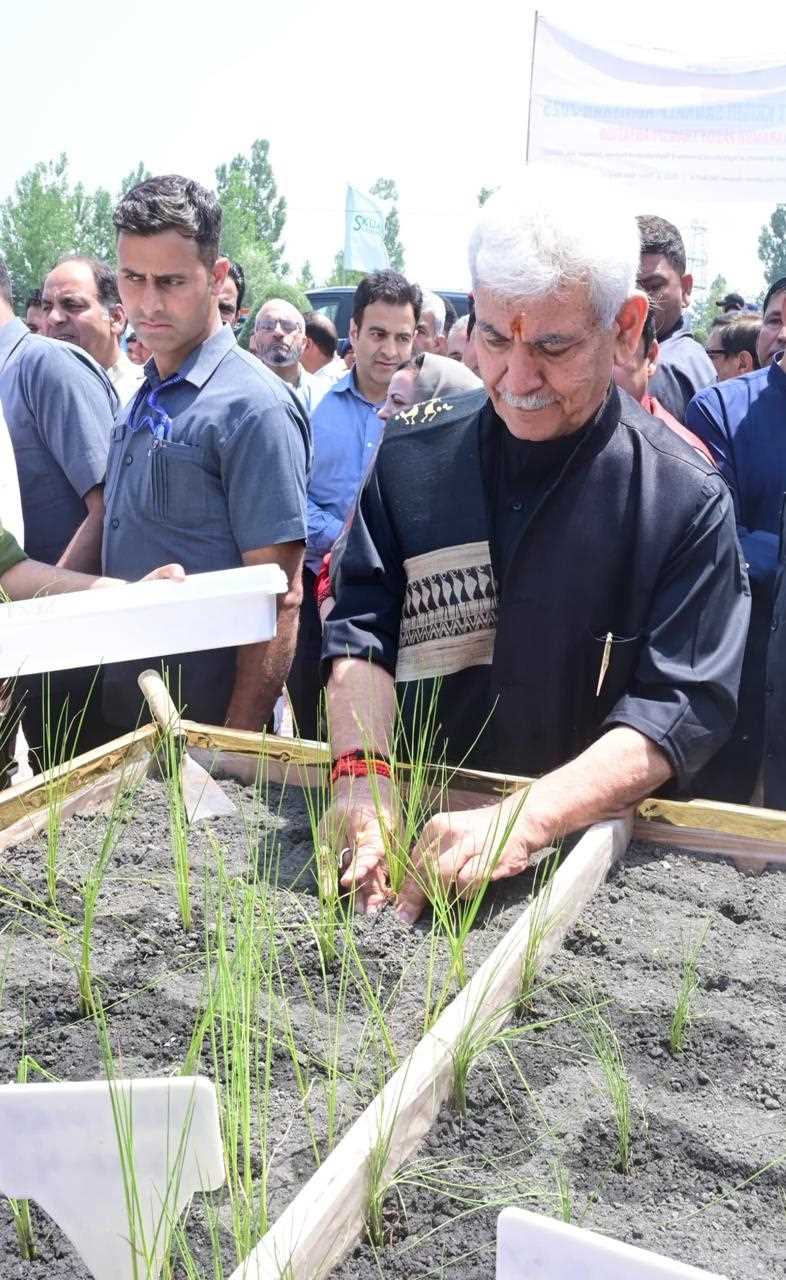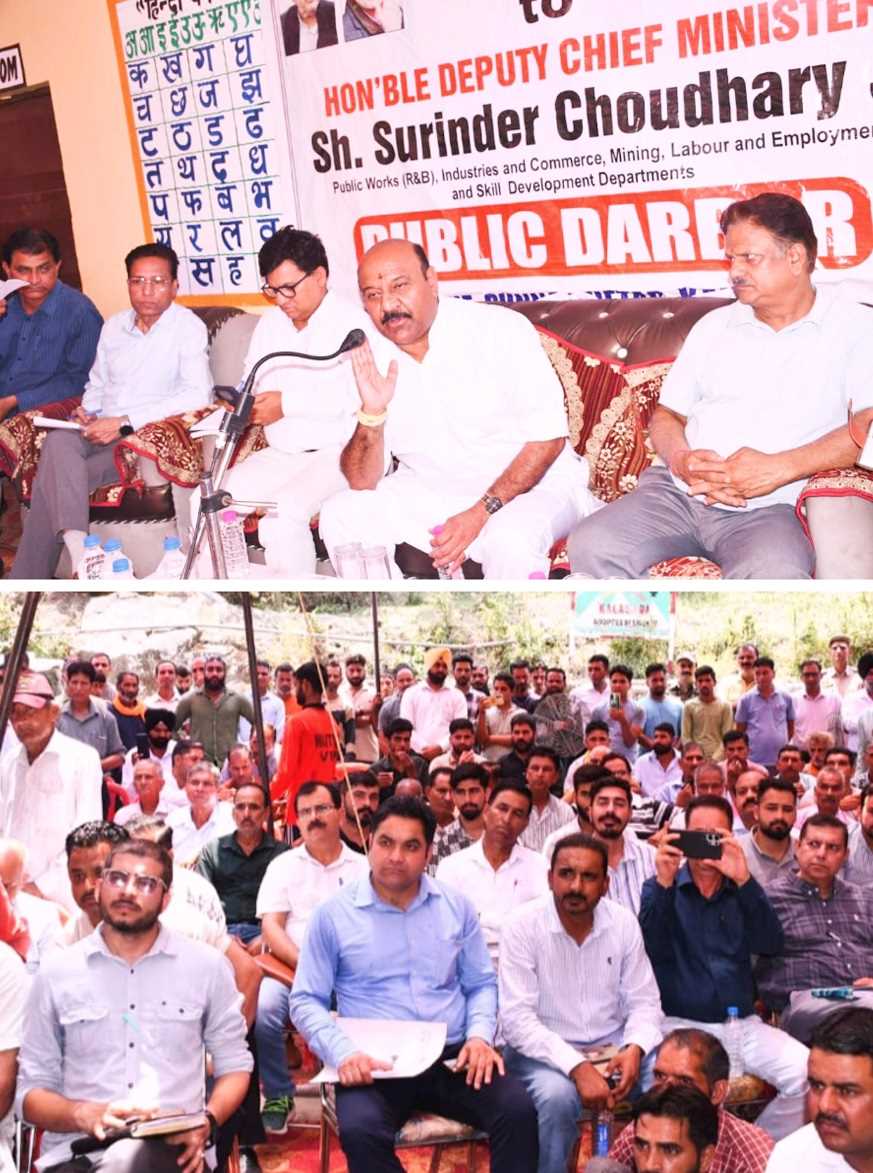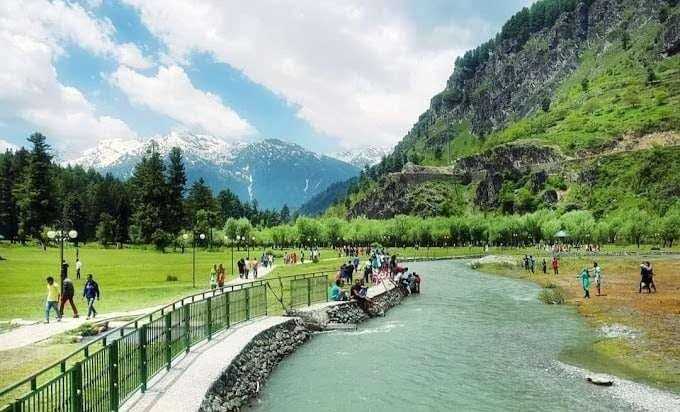On a visit to Amritsar in February 2013, British Prime Minister David Cameron described the Jallianwala Bagh massacre of 1919 as "a deeply shameful event in British history."
"We must never forget what happened here," he said of the shooting of nearly 1000 peaceful Indian protestors by British troops on the orders of General Reginald Dyer.
"This was a deeply shameful act in British history, one that Winston Churchill rightly described at that time as 'monstrous.
“We must never forget what happened here and we must ensure that the UK stands up for the right of peaceful protests," Mr Cameron wrote in the visitors' book at the memorial site.
The former Pakistan President, Gen Parvez Musharraf visited Dhaka in July 2002. He (Musharraf) visited a war memorial at Savar, near the capital, Dhaka, and wrote in the visitors' book: "Your brothers and sisters in Pakistan share the pain of the events in 1971. The excesses committed during the unfortunate period are regretted. Let us bury the past in the spirit of magnanimity. Let not the light of the future be dimmed." (The Huffington Post, December 3, 2015)
The Pakistan civil society also wants the government of Pakistan to apologise to Bangladesh for the excesses during 1971 war. In fact, the Pakistan civil society is in favour of legislation in this regard.
Taking cue from the above events, the Kashmir civil society launched a campaign seeking an unconditional apology from the British Government for selling Kashmir along with its inhabitants, rivers, streams and animals to a Dogra Commander, Gulab Singh.
The campaign has been revived this year and the civil society has even charged the Dogra rulers and the British Government for Zaldagar Massacre that left 28 shawl weavers dead on April 29, 1865, murder of Robert Thorp on November 22, 1867, July 13 massacre outside Srinagar Central jail, Massacre outside Ladiyan Wali Masjid in Rajouri on January 21, 1932 and the list is endless.
The Kashmir civil society has held the British Government equally responsible for the sufferings of the people of Kashmir. An unconditional apology for the crimes committed by the Dogras who became rulers, rather masters by virtue of the infamous Sale deed of Amritsar executed on March 16, 1846 has been sought.
